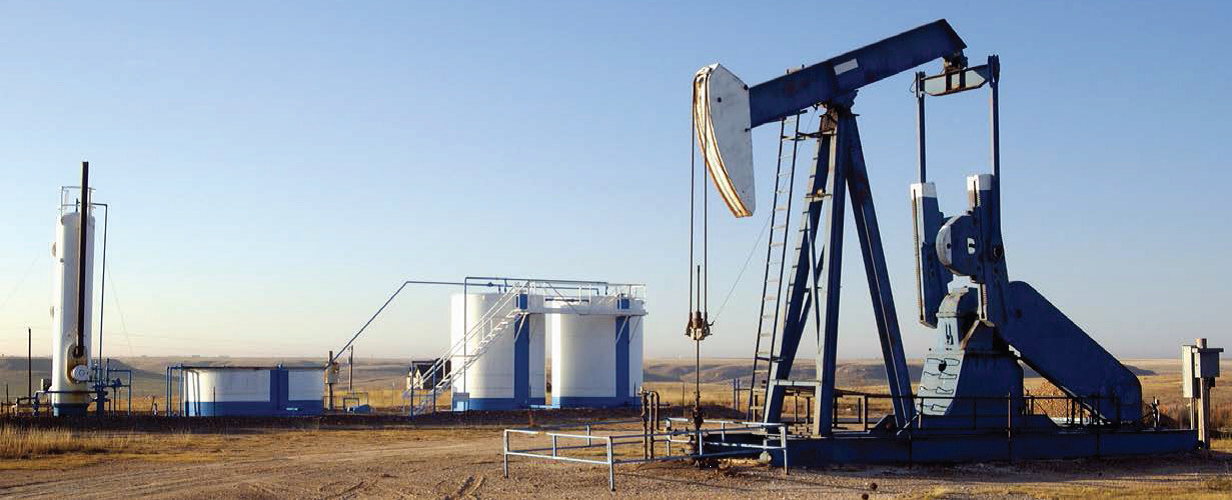After selling petroleum at a discount in response to sanctions imposed against Ukraine.
After selling petroleum at a discount in response to sanctions imposed against Ukraine, Russia became China’s primary supplier of oil.
As of May, China’s oil imports from Russia exceeded those from Saudi Arabia to become the country’s largest supplier, representing a 55 percent increase from the previous year.
Despite restrictions imposed by Covid and a slowing economy, China increased its purchases of oil from Russia.
In recent months, Sinopec and Zhenhua Oil have increased their purchases of Russian petroleum after being offered substantial discounts in response to the fact that consumers in Europe and the United States have shied away from purchasing Russian energy as a result of sanctions related to Ukraine.
According to the Chinese General Administration of Customs, the total amount of imports that came into China last month via the East Siberia Pacific Ocean pipeline and via sea amounted to 8.42 million tonnes.
Saudi Arabia, which had been China’s primary oil supplier in the past, has now fallen to second place, with 7.82 million tonnes.
As the West ramps up its economic response to Ukraine’s invasion, the United States and the United Kingdom have announced that they will begin a boycott of Russian oil in the month of March, and the European Union has been trying to reduce its reliance on gas imported from Russia.
Joe Biden, the Vice President of the United States, stated that the measure was intended to hit “Russia’s economic arteries.”
Because Russia is so dependent on revenue from energy exports, this change may have an effect on customers in western countries.
Despite a decrease in May, a think tank revealed last week that Russia earned almost $100 billion (£82 billion) from the sale of fossil fuels in the first 100 days of the country’s invasion of Ukraine. This is despite the fact that the amount earned in May was lower.

Imports from the EU came to a total of $59 billion, accounting for 61 percent of total.
Overall, Russian oil and gas exports are on the decline, and Moscow’s earnings from energy sales has decreased since reaching a peak in March of about one billion dollars a day.
The CREA estimates that Russia is spending $876 million per day on the invasion of Ukraine, but incomes have still surpassed costs through the first 100 days of the conflict in Ukraine.
Last month, China took delivery of 260,000 tonnes of oil from Iran, marking the third cargo it has received from Iran since December.
China continues to purchase oil from Iran in defiance of US sanctions.
Because of the high cost of gas, everyone takes advantage of sales whenever they can. Alongside Russia’s efforts to win over new clients, India has also stepped up its purchasing.
Following the invasion of Ukraine, this, together with increased petroleum prices, helped Russia increase its revenues.
Before the war, China purchased 10 barrels of oil from Russia from the United Kingdom and the United States. It’s possible that Moscow won’t make much of an effort to make up for lost business to China and South Korea.
Already, Russia is seeing a decline in its earnings from the sale of oil, and this trend is only going to accelerate as European nations look for alternative energy sources.
